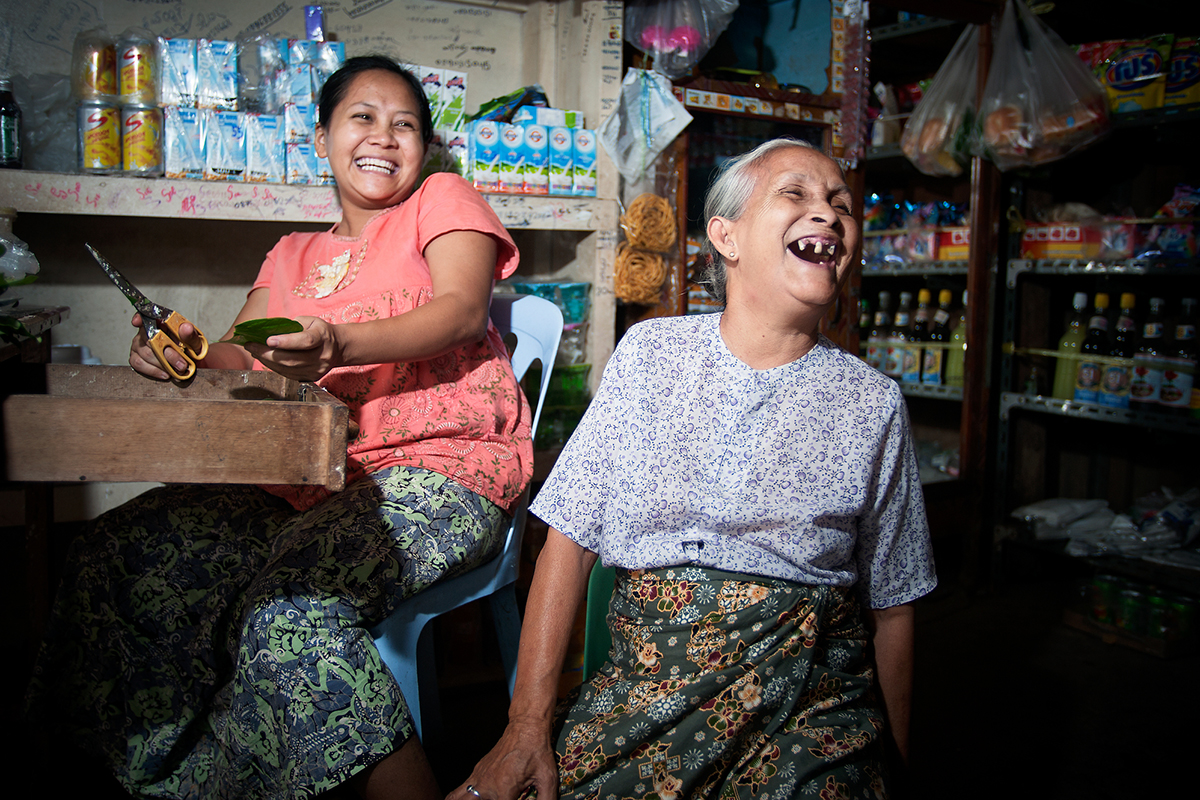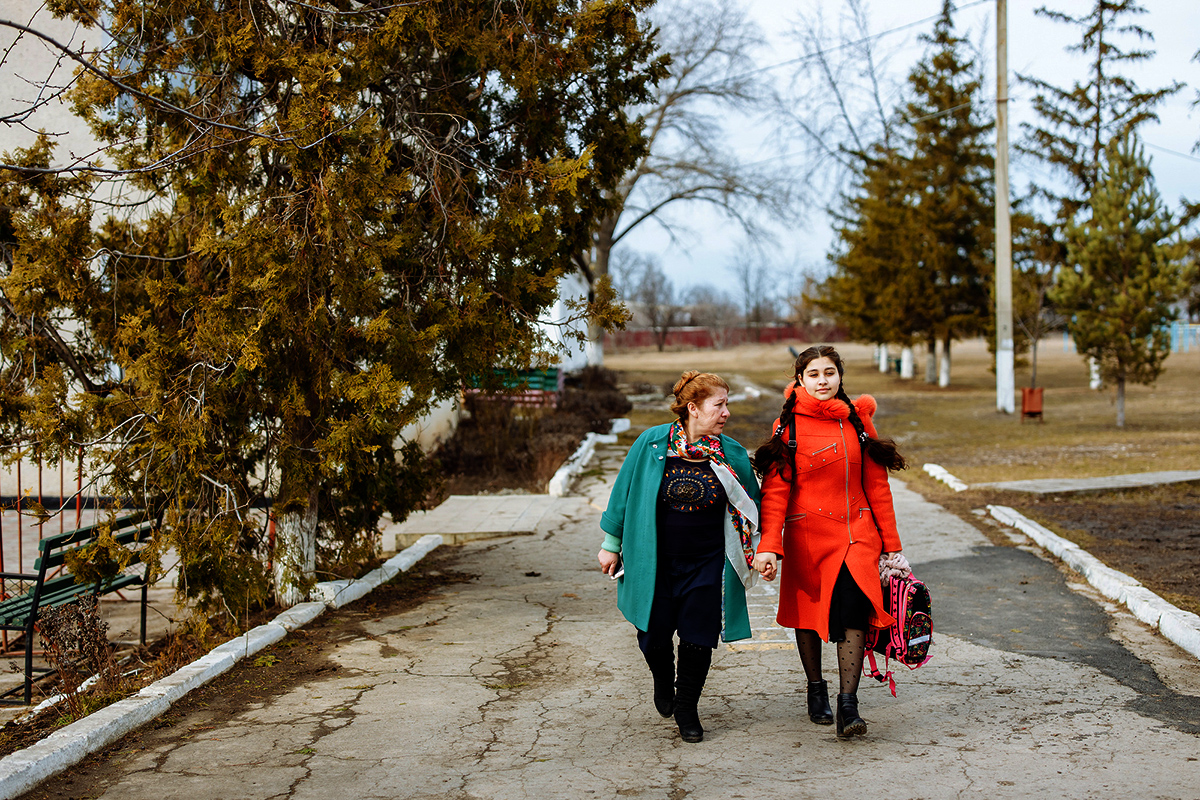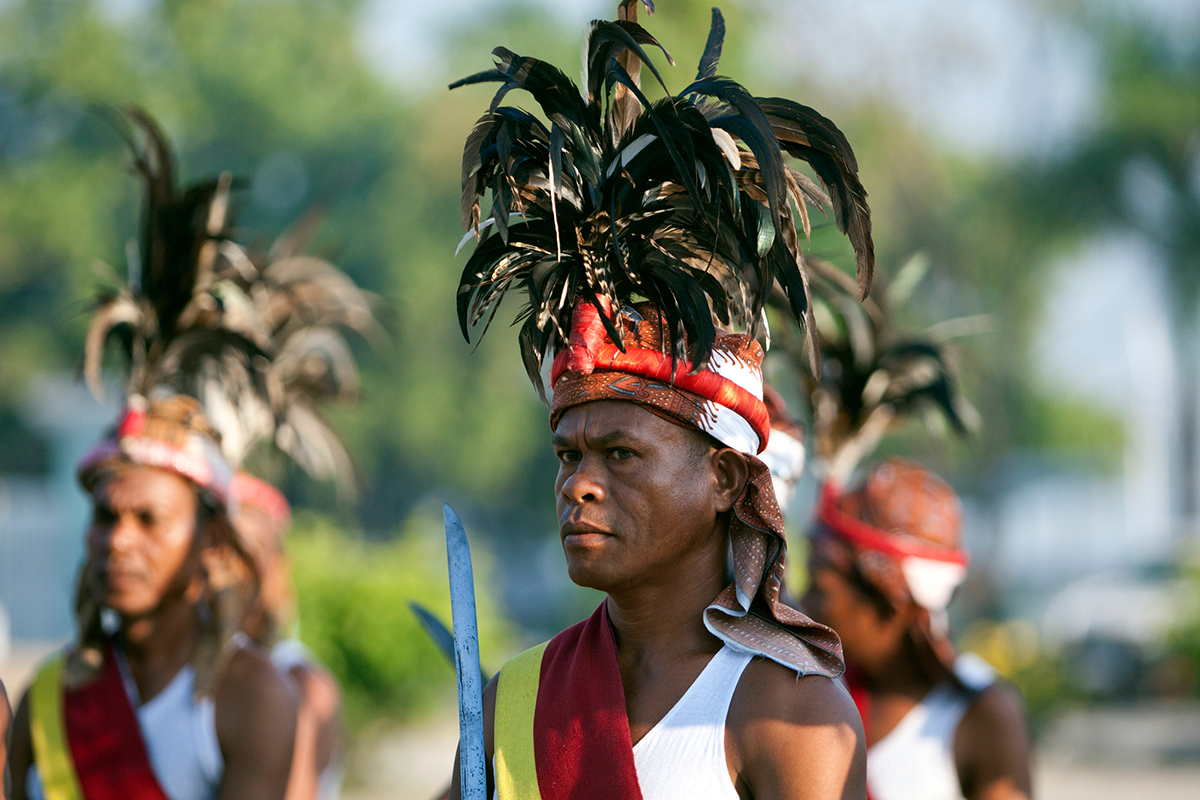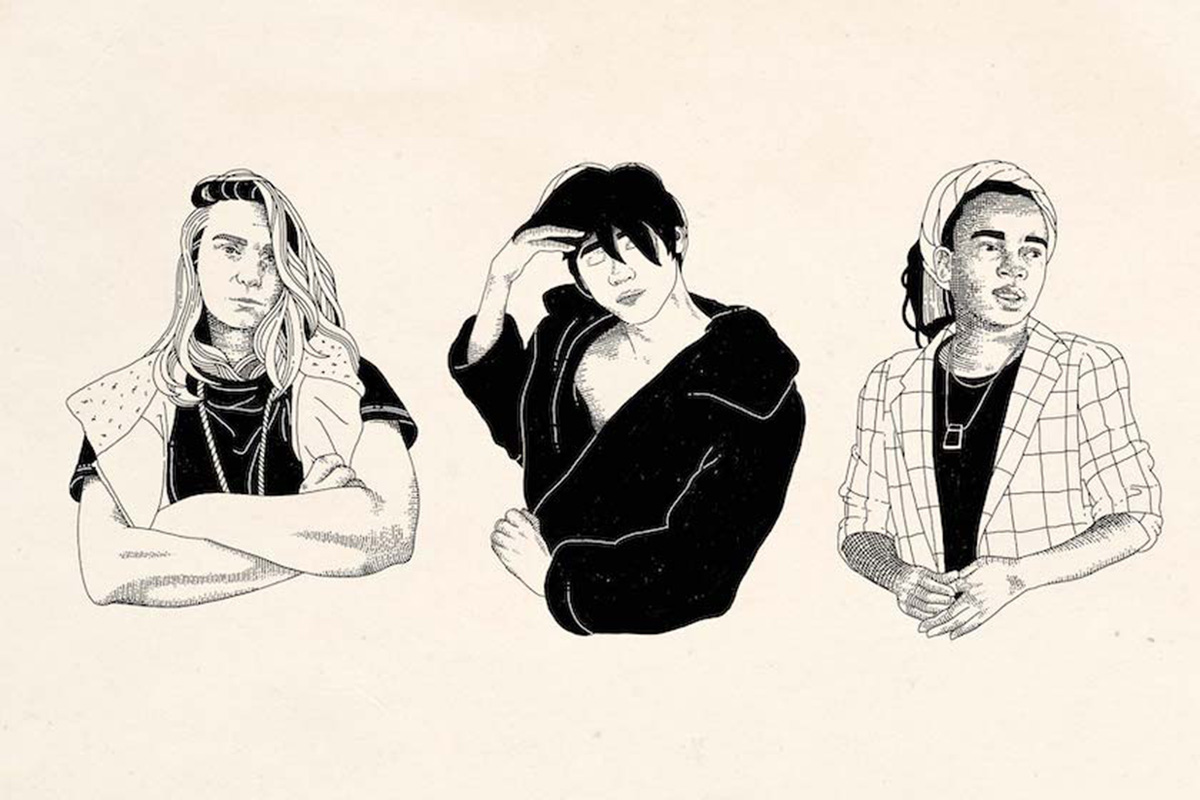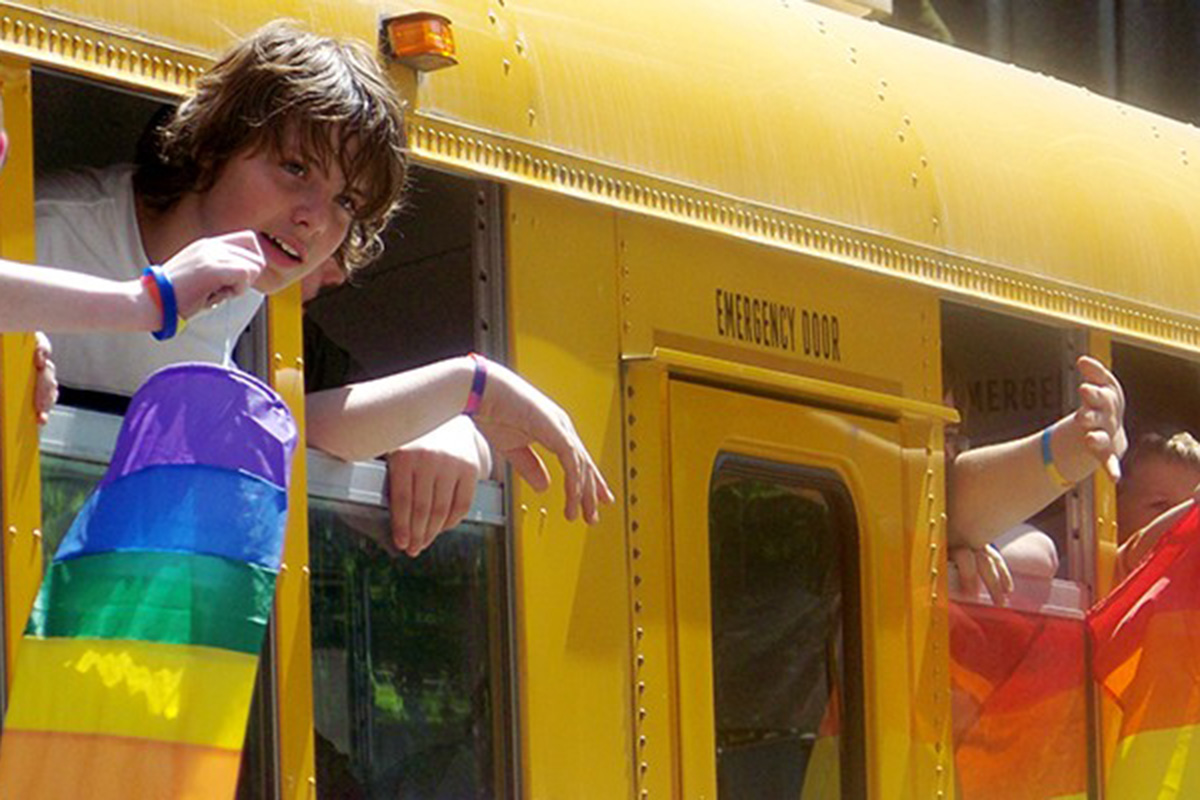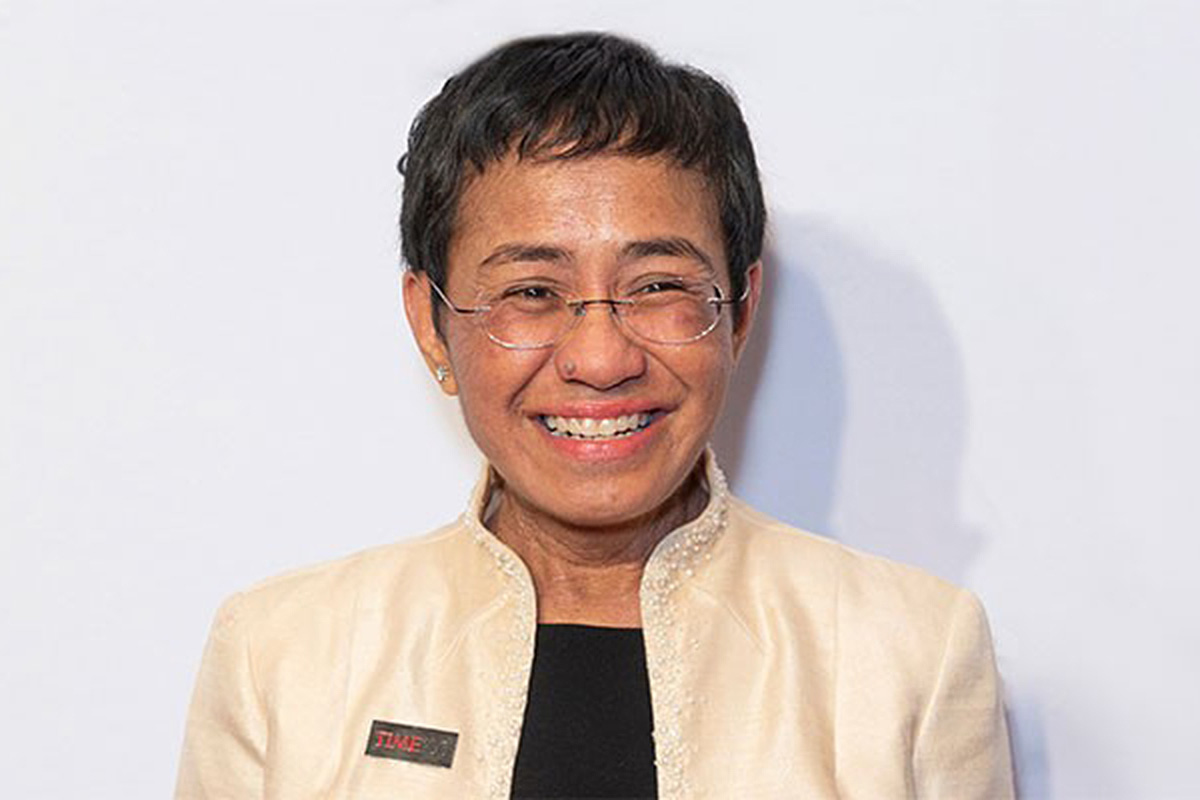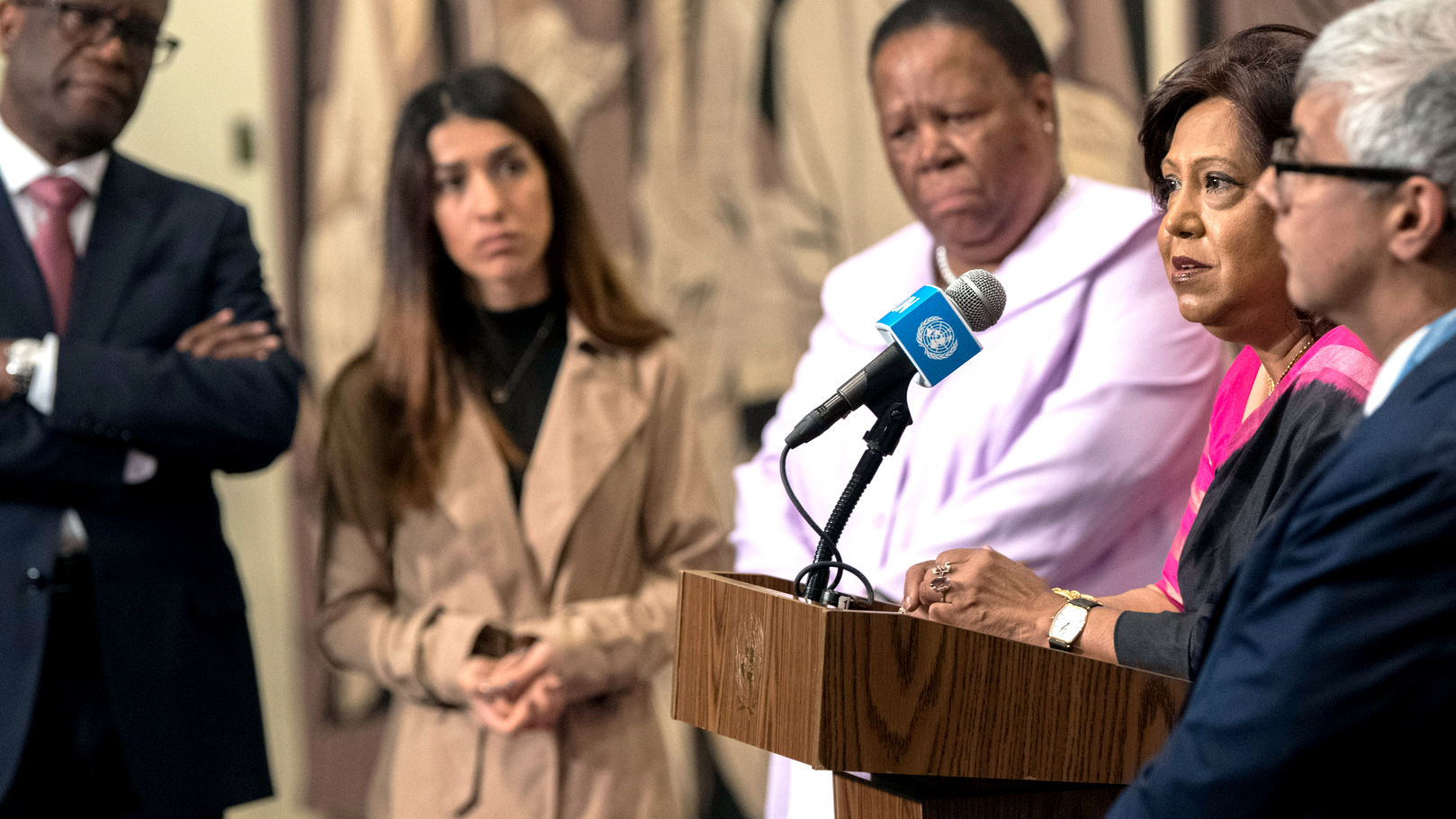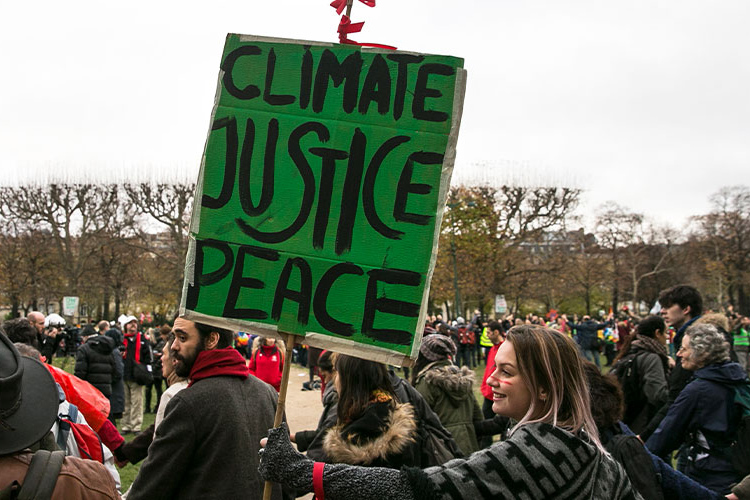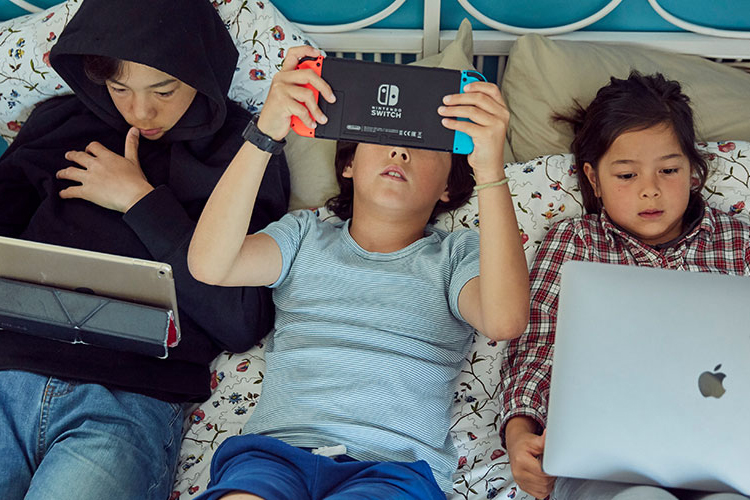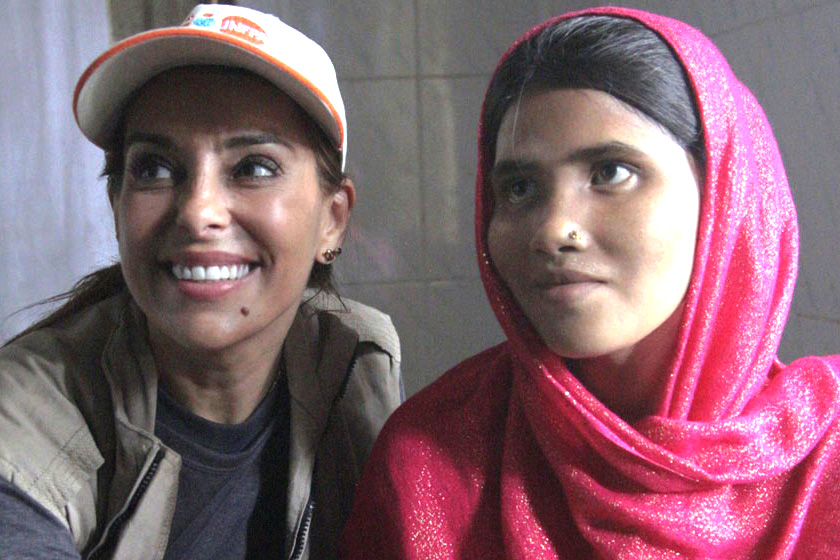For many lesbian, gay, bi, trans, intersex and queer (LGBTIQ+) people, leaving their communities in search of a safer and more welcoming place to call home is the only way to find a job, get access to healthcare or find safety from poverty, family rejection, criminalization, threats and violence. Every human being deserves the freedom to simply be themselves, without facing violence and discrimination. Together we can create a future free from prejudice, where everyone truly belongs. Help us spread these stories of determination and resilience . Learn more >>
Human Rights
Elder abuse is a problem that exists in both developing and developed countries yet is typically underreported globally. As such, it demands a global multifaceted response, one which focuses on protecting the rights of older persons. This year’s World Elder Abuse Awareness Day (15 June) coincides with the launch of the Decade of Healthy Ageing (2021-2030). This global collaboration aligns with the last ten years of the SDGs and brings together stakeholders in the public and private sector to improve the lives of older people, their families, and the communities in which they live.
"I could have gone on a Kindertransport to London, where the British were ready to receive 10,000 Jewish children. But I'm the only child [and my mother is a] widow. She said, ‘No, we’re going to stick together’. So it was a matter of trying to find ways to get out of hell. [...] And strangely enough, at that time in 1938, Hitler just wanted the Jews out. But there was no place to go [...] we heard many, many nations saying, ‘We cannot afford to take in so many refugees’." In this episode of Awake at Night, we meet Rabbi Arthur Schneier; a Holocaust survivor and a human rights activist. UN Secretary-General António Guterres has called him "an inspiration for the world and for the United Nations."
Every human being deserves the freedom to simply be themselves, without facing violence and discrimination. Together we can create a future free from prejudice, where everyone truly belongs – no matter who they are, whom they love or where they come from. Help us spread these stories of determination and resilience by sharing our videos with the people in your life! Learn more
Under Chapter XI of the Charter of the United Nations, the Non-Self-Governing Territories are defined as "territories whose people have not yet attained a full measure of self-government.” Since the birth of the United Nations, more than 80 former colonies comprising some 750 million people have gained independence. At present, 17 Non-Self-Governing Territories remain the home to nearly 2 million people. The process of decolonization is not complete. Thus, the annual observance of the Week of Solidarity with the Peoples of Non-Self-Governing Territories is observed on 25-31 May.
Every human being deserves the freedom to simply be themselves, without facing violence and discrimination. Join IOM and OHCHR to create a future free from prejudice for migrants with Free and Equal.
As violence against transgender people surges UNFPA marks the day to brings attention to the discrimination the LGBTQI (lesbian, gay, bisexual, queer, intersex) community faces.
UNESCO and partners released findings about LGBTQI students in Europe. 54% of LGBTQI people have experienced bullying in school at least once based on their sexual orientation, gender identity, gender expression or variations of sex characteristics, according to a survey of more than 17,000 children and young people aged 13 to 24. The survey also showed that 83% of students had at least sometimes heard negative comments towards LGBTQI students, and 67% had been the target of negative comments at least once.
Investigative journalist and media executive Maria Ressa of the Philippines has been named as the 2021 laureate of the UNESCO/Guillermo Cano World Press Freedom Prize, by an international jury of media professionals. The Award Ceremony will take place in Windhoek, Namibia, on the occasion of the World Press Freedom Day, and be streamed online. In her thirty-year career, Ressa has been a target of attacks, arrests and has been involved in many international initiatives to promote press freedom.
“I returned from Bangladesh...and sent all of my dresses for dry cleaning. I have not worn these dresses again. I can't wear them. There's too much pain...because I came out and I was wet with all the women crying. I like to open the wardrobe and remind myself of the survivors at all times. They are my moral compass and I have to keep fighting for them. This is what keeps me going.”
In this episode of Awake at night, we meet Pramila Patten, the Secretary General's Special Representative on Sexual Violence in Conflict whose work aims to end rape as a weapon of war, making it a crime that is both preventable and punishable. Pramila travels the world to meet survivors, carrying back the harrowing stories they entrust her to retell. She then advocates tirelessly on their behalf for accountability and justice.
"When you talk to Yazidi women, they tell you they want justice and reparations, in addition to support services [...] Whether it is Iraq [...] Nigeria [...] Somalia or Sudan, they tell you they want to have their day in court. And for me, that is very frustrating that so far, for example, where sexual violence is used as a tactic of terrorism, no single person belonging to Boko Haram or ISIS has been prosecuted for sexual violence. They are getting prosecuted under the counter terrorism legislation, but not for sexual violence. And that is a frustration."
“FAQ on human rights and climate change” takes a deep dive into the subject, showing the links between problems caused by worsening climactic factors, and violations of rights, such as the rights to life, culture, housing and food.
UNEP highlights at least 155 states recognize a healthy environment as a human right, either through national legislation or international accords, like the Universal Declaration of Human Rights.
A new guidance establishes that children have rights in the digital world, despite the Convention on the Rights of the Child not stating them explicitly.
Millions of women and girls are denied their right to have a say in sexual matters, to say yes to contraception and to make their own healthcare choices. This world must become one where every woman and girls’ body is truly her own. Catarina Furtado, UNFPA Goodwill Ambassador, speaks out to achieve this world — from educating young people about their bodies and rights, to reforming policies that do not adequately prevent or address gender-based violence, to supporting communities to adopt more gender-equitable practices.

